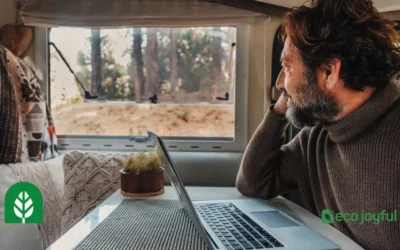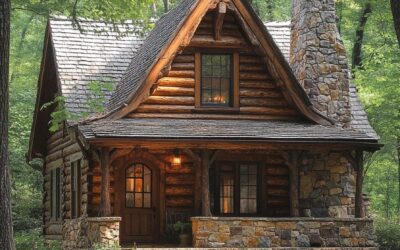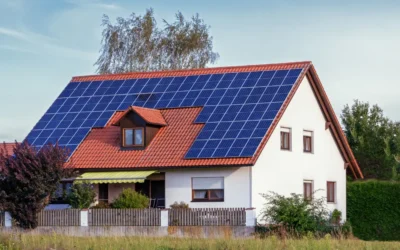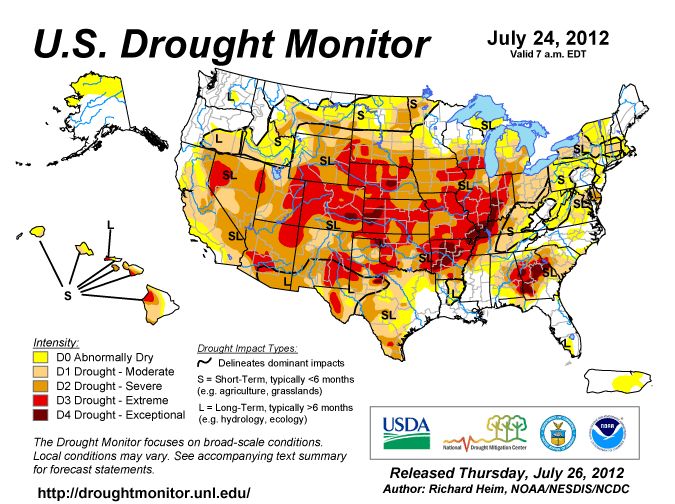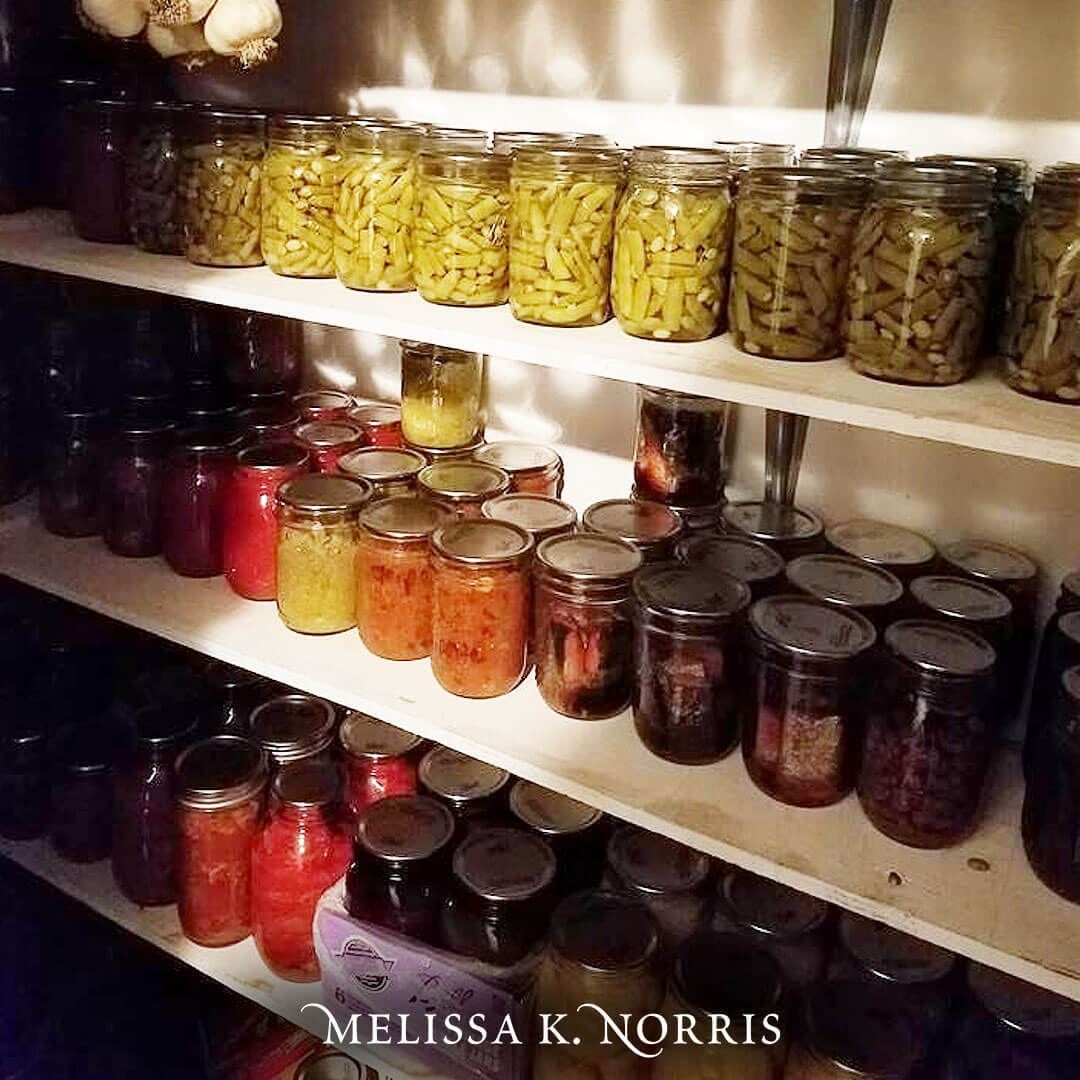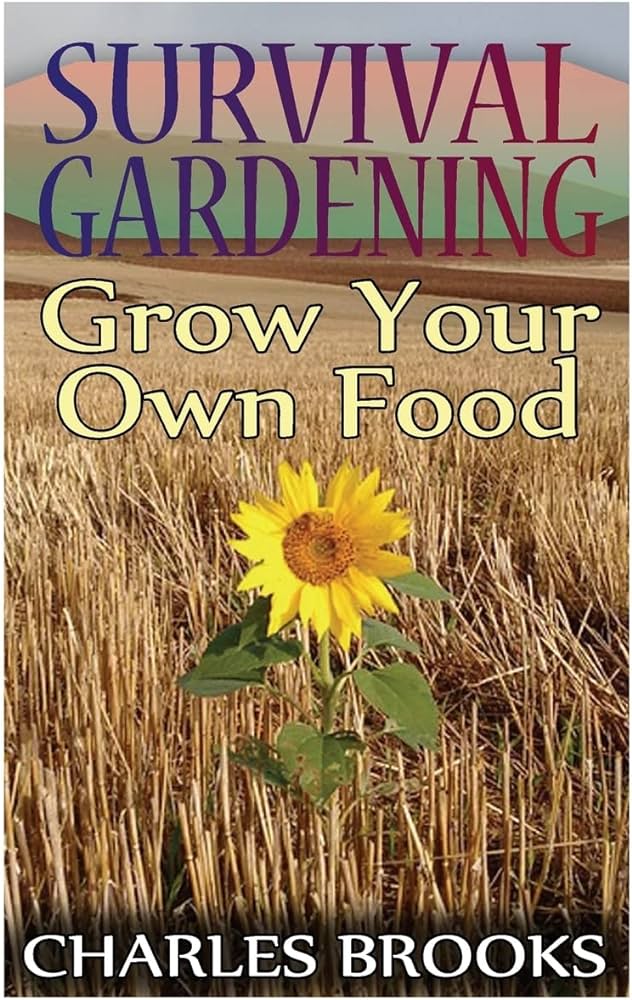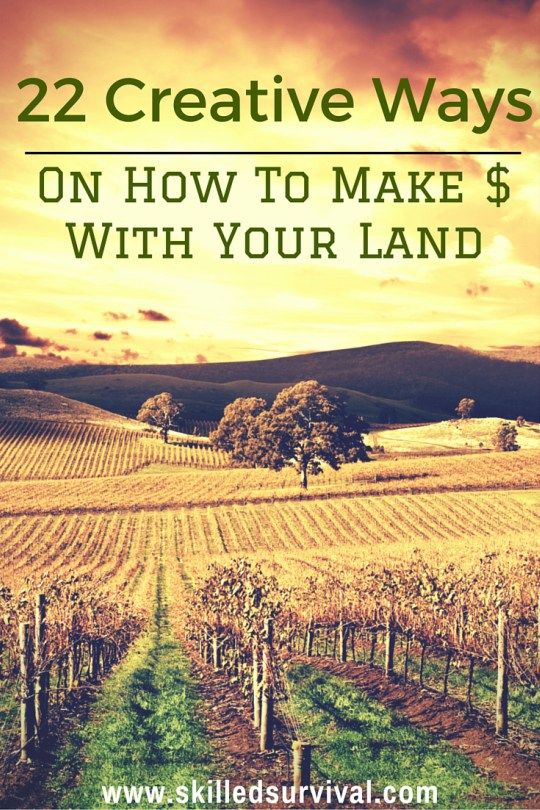Going Off Grid Now With No Money requires creativity and resourcefulness. Start by finding free resources such as public land and volunteer opportunities where you can learn sustainable living skills.
Look for discarded materials and repurpose them for your living needs. Living off the grid is an appealing lifestyle for many who want to minimize their impact on the environment and gain independence from the modern world. However, going off-grid usually requires a significant financial investment for things like land, building materials, and alternative energy sources.
If you’re on a tight budget or no budget at all, don’t give up on your dreams just yet. With a little resourcefulness and creative thinking, it’s possible to reduce your dependence on mainstream society and live a sustainable lifestyle without spending a lot of money. Here’s how to go off grid now with no money.
Why Go Off Grid?
Living off the grid can mean different things to different people. At its core, it involves living independently from public utilities such as water, electricity, and sewage, and relying instead on renewable sources of energy. Although the idea of going off the grid may seem daunting and expensive, there are many reasons why it’s worth considering.
Financial Benefits
Going off grid might seem like an expensive lifestyle choice, but in the long run, it can actually save you money. When you generate your own electricity or heat your home with a wood-burning stove, you can avoid paying costly utility bills. Additionally, you can save money on food by growing your own produce and raising your own livestock, rather than buying these items from a store. With no monthly bills to worry about, you can focus on reducing your overall cost of living.
Environmental Benefits
Living off the grid can also have a positive impact on the environment. When you generate your own power using renewable energy sources like wind or solar, you reduce your dependence on fossil fuels, which lowers your carbon footprint. You can also reduce waste by using composting toilets and composting food scraps. Living off the grid allows you to live a more sustainable lifestyle, which can help preserve our planet for future generations.
Self-sufficiency Benefits
Finally, living off the grid allows you to be more self-sufficient. You don’t have to rely on the government or corporations to provide you with basic services like electricity or water. You can generate your own power, grow your own food, and even build your own home. By taking control of your own life, you can achieve a greater sense of independence and freedom.
In conclusion, going off the grid can be a rewarding lifestyle choice. It can save you money, reduce your environmental impact, and give you a greater sense of self-sufficiency. If you’re interested in making the switch, take some time to research the options that are available to you.
Assessing Your Resources
Assessing your available resources is the first step towards going off the grid without any money. Take a detailed inventory of what you have and what you need. Consider alternative options like bartering or joining a community to share resources.
Assessing Your Resources:
Going off-grid is an attractive lifestyle choice for those wanting to live a simpler life. While going off-grid may seem like a daunting task, it can be done with little to no money by properly assessing the resources you already have at your disposal. The four main resources you need to assess before going off-grid are land availability, water resources, energy sources, and skills and knowledge.
Table of Contents
Land Availability:
The first step in assessing your resources is to determine if you have access to land. You can find suitable land through online resources, local land newspapers, or by reaching out to your community. When evaluating the land, make sure it has the potential for agriculture, livestock grazing, hunting, and is not prone to natural disasters. Once you have found suitable land, make sure to check on any zoning laws that may apply, as this could impact your off-grid lifestyle.
Water Resources:
Access to water is essential if you plan on living off-grid. You can use nearby streams, lakes, springs, or dig for a well. Make sure to test the water for purity and have it filtered or purified if necessary. If you have access to rainwater, collecting it in a tank can help ensure a reliable source of water during dry spells. It’s important to assess the quality, quantity, and accessibility of water before settling on a homestead.
Energy Sources:
Living off-grid means generating your electricity and heating from renewable resources. There are various cheap and free energy sources that you can leverage, like the sun, wind, and biomass. You can harness solar energy through solar panels and store energy in batteries. Similarly, wind turbines can generate electricity through rotational energy, while biomass can be used as fuel for stoves and ovens. If possible, assess the availability of these resources before deciding on where to settle.
Skills And Knowledge:
Lastly, it’s important to evaluate your skillset and knowledge when going off-grid. Skills like carpentry, blacksmithing, farming, and cooking will come in handy during the transition. If you lack these skills, don’t worry; there are various resources online and in books that can guide you and expand your knowledge. With these skills, you can create a home and lifestyle that is self-sufficient and sustainable.
Assessing your resources before going off-grid will help you determine your needs and know-how to work with what you already have at your disposal. With a little creativity, hard work, and dedication, you can start your off-grid journey with no money and live the life you’ve always wanted.
Building A Tiny Home
Building a tiny home is an excellent way to save money while going off-grid. Not only do tiny homes cost less than traditional homes, but they are also more sustainable and efficient. However, building a tiny home can still be a significant investment. If you are looking to build a tiny home with no money, locating free or inexpensive building materials, designing for efficiency and sustainability, and creating a comfortable living space are essential steps to take.
Locating Free Or Inexpensive Building Materials
The first step in building a tiny home with no money is to find free or inexpensive materials. You can start by checking local classified ads or online classified sites like Craigslist for free construction materials. Alternatively, consider using recycled materials like pallets, shipping containers, and reclaimed wood. If you have friends or family in the construction industry, they could help you find excess materials that would have otherwise been disposed of.
Designing For Efficiency And Sustainability
Efficiency and sustainability are critical in any tiny home design. Building a tiny home with no money means you need to design for optimal energy efficiency to minimize utility costs. For example, consider orienting the structure to take advantage of natural light, insulation, passive solar heating, and cooling. Using energy-efficient appliances and fixtures and reducing water usage will also help you achieve sustainable living.
Creating A Comfortable Living Space
Living in a tiny home does not mean you have to sacrifice comfort. With creativity and ingenuity, you can still design a comfortable living space. Consider using space-saving furniture like built-in shelves, Murphy beds, and foldaway tables. Incorporate natural light and fresh air into your design by installing large windows. Additionally, dimmable lights and comfortable bedding can help make your tiny home feel cozy and inviting.
| Pros | Cons |
|---|---|
| Budget-friendly | Requires considerable planning |
| Customizable to your needs and preferences | Requires additional space for storage and utilities |
| Sustainable and energy-efficient | May require DIY skills and knowledge of building codes and regulations |
- Locate free or inexpensive building materials
- Design for efficiency and sustainability
- Create a comfortable living space with space-saving furniture and plenty of natural light
- Install energy-efficient appliances and reduce water usage
- Take advantage of passive solar heating and cooling
- Consider incorporating a composting toilet and rainwater collection system
- Research local building codes and regulations
- Plan out your design using free or inexpensive tools like Sketchup or Floorplanner
- Start gathering free or inexpensive building materials
- Build your tiny home using sustainable and energy-efficient design principles
- Decorate and furnish your tiny home to make it a comfortable living space
Building a tiny home with no money may require time, effort, and creativity, but it is a worthwhile investment for anyone looking to go off-grid.
Off-grid Living Essentials
Living off the grid doesn’t have to break the bank. Start by reducing your energy consumption with affordable off-grid living essentials. Learn how to go off the grid now with no money and live a self-sustaining lifestyle.
Solar Energy
1 of the most essential things for off-grid living is a reliable source of energy. And there’s no better source of energy than the sun itself. Solar energy will not only keep your lights on, but it can also power your fridge, electronics and other appliances. You can use solar panels to generate electricity during the day and store it in batteries for use at night or on cloudy days. Solar power is renewable, environmentally friendly and will save you money on your electricity bill in the long run.
Rainwater Harvesting
A sustainable off-grid water source is necessary. You can collect rainwater from your roof or other surfaces using gutters and downspouts. The benefits of rainwater harvesting include saving money on utility bills, reducing strain on local water resources, and improving the quality of the available water in your area. Be sure to filter and treat the water before using it for drinking, cooking or bathing.
Composting Toilets
The next essential item for off-grid living is a composting toilet. Not only is it environmentally friendly, but it is also an excellent alternative for those who don’t have access to a septic system. A composting toilet uses little to no water compared to conventional toilets, and the waste is transformed into compost for use in your garden or other applications.
Garden And Food Production
Gardening allows you to be self-sufficient and control the quality of your food. With simple gardening techniques, you can grow your own fruits, vegetables and herbs. You can also start a compost heap where you can use the compost produced as a natural fertilizer for your plants. A garden not only provides fresh produce but also enhances the aesthetics of your surroundings.
Off-grid living can be a rewarding experience. By incorporating these off-grid living essentials into your lifestyle, you can reduce your carbon footprint, save money and become more self-sufficient. All in all, off-grid living offers freedom and peace of mind.
Reducing Expenses And Living Frugally
Living off grid is possible with no money by adopting a frugal lifestyle. Reducing expenses through minimizing electricity consumption, growing your own food and reducing water usage can help make this a reality. It’s important to be resourceful and use recycled materials to create basic necessities.
Reducing Expenses and Living Frugally is the key to going off-grid without any money. It’s all about finding creative ways to decrease your expenses, and embracing a more simple and sustainable lifestyle. This might sound like a daunting task, but with a few changes and some determination, you can significantly reduce your cost of living. In this article, we’ll explore some practical ways to go off-grid without money by focusing on Reducing Energy and Water Use, Simple and Cost-Effective DIY Repairs, Second-Hand and Thrift Store Finds, Growing and Preserving Your Own Food.
Reducing Energy and Water Use
The first step to living off-grid is to reduce your overall consumption of energy and water. This can be achieved through Energy-Saving Practices such as turning off lights when you’re not in the room, unplugging electronics when you’re not using them, and lowering the thermostat. Similarly, you can reduce water usage by taking shorter showers, fixing leaky faucets and pipes, and reusing greywater for gardening. These small changes can add up to significant savings over time, and they’re easy to implement.
Simple and Cost-Effective DIY Repairs
Another great way to reduce expenses is to learn basic DIY repair skills and fix things yourself instead of hiring someone to do it. This can include simple repairs such as fixing a leaky faucet, replacing a broken switch, or patching a hole in the wall. There are countless resources available online that can guide you through these repairs step-by-step, and many of these repairs can be done using simple tools that you may already have at home. Not only will this save you money, but it will also give you a sense of accomplishment and self-sufficiency.
Second-Hand and Thrift Store Finds
When it comes to furnishing your off-grid home, it’s important to be mindful of your spending and think outside the box. Second-hand stores and thrift shops can be a goldmine for finding affordable furniture, appliances, and other household items. You can also find great deals on building materials and tools by checking online classifieds or visiting construction salvage yards. By being creative and patient, you can outfit your home with everything you need without breaking the bank.
Growing and Preserving Your Own Food
Finally, one of the best ways to save money and become more self-sufficient is to grow your own food. Whether you have a large property or just a small balcony, there are many options for growing your own produce, such as container gardening, raised beds, and vertical gardens. You can also learn to preserve your harvest by canning, freezing, or dehydrating, which will allow you to enjoy your homegrown food year-round. Not only will this save you money on groceries, but it will also ensure that you’re eating fresh, healthy, and organic food.
Going off-grid might seem daunting, but it’s not impossible, and you don’t need a lot of money to get started. By reducing your expenses and adopting a frugal lifestyle, you can live a more self-sufficient, sustainable, and fulfilling life. With a little creativity and determination, you can make your off-grid dreams a reality.
Navigating Legal And Regulatory Considerations
To successfully go off-grid, it’s important to navigate legal and regulatory considerations. This requires proper research and knowledge of local laws, building codes, and permits required for off-grid living. Seeking the guidance of legal professionals and experienced off-gridders can also be helpful when dealing with these complex issues.
Navigating legal and regulatory considerations is crucial when you want to go off-grid. Though it might seem daunting, it is vital to understand zoning, building codes, permits, licenses, health, and safety regulations. Non-compliance can result in legal penalties and other risks. In this section, we will look at each of these considerations to ensure a smooth transition to off-grid living.
H3: Zoning and Building Codes
Zoning laws control land use, structure placement, and building size. It is important to know local laws to ensure your property is zoned for residential properties and off-grid living. Building codes regulate construction and stipulate safety and structural requirements. A proper understanding of building codes is essential to ensure that your off-grid structure is safe and habitable.
H3: Permits and Licenses
Permits and licenses vary across different locations and depend on the type and scale of your off-grid living. For instance, obtaining a septic permit might be a requirement in some areas. Other permits and licenses include electrical permits, well drilling permits and construction permits. To avoid penalties and legal complications, it’s essential to obtain all the necessary licenses and permits before you begin off-grid living.
H3: Health and Safety Regulations
Off-grid living does not exempt you from health and safety regulations. Understanding these regulations can help you avoid environmental hazards and maintain a healthy living environment. For instance, regulations might require you to ensure your soil and water are safe for agriculture. Ignoring health and safety regulations can result in legal action and other risks.
In summary, Navigating legal and regulatory considerations is a vital aspect of going off-grid. A proper understanding of zoning, building codes, permits, licenses, health, and safety regulations can help ensure your off-grid transition is successful. Knowing and following these regulations will provide peace of mind and safeguard you from legal penalties and other risks.
Joining An Off-grid Community
Off-grid living is a great way to escape the constraints of modern society. If you have no money and want to go off-grid, consider joining an off-grid community. This way, you can learn from others and share resources while still enjoying the benefits of a self-sufficient lifestyle.
Living off-grid requires a significant amount of resources and commitment, including reliable sources of food, water, and power. If you do not have the financial resources to embark on an off-grid lifestyle alone, joining an off-grid community can be an effective solution.
Benefits Of Community Living
Living in an off-grid community is an excellent opportunity to become part of a supportive and like-minded group of individuals. The benefits of community living include:
- Access to community resources, such as communal land, water sources, and equipment.
- Sharing of knowledge and skills, including farming, animal husbandry, and renewable energy.
- Collaborating on projects, such as building homes and developing energy systems.
- Support and companionship during challenging times.
Locating And Joining A Community
Finding an off-grid community to join may seem daunting at first, but there are various resources available to help you locate one. Online platforms and social media groups dedicated to off-grid living can be a useful starting point. Alternatively, attending events and festivals centered around sustainable living is an excellent opportunity to connect with like-minded people.
Before joining, it is essential to research the community thoroughly. Analyze the community’s lifestyle, values, and rules to determine if they align with your own. It is also crucial to understand the community’s economic system, including how finances are managed, and how goods and services are exchanged.
Building Relationships And Sharing Resources
Once you have joined an off-grid community, building relationships, and sharing resources is essential to ensure everyone’s well-being. Here are a few ways you can contribute to the community:
- Participate in community activities and projects
- Share your skills and knowledge to help solve problems
- Be open to learning from others and trying new things
- Be mindful of how you consume resources and work to reduce waste
In conclusion, joining an off-grid community is a viable option for those who want to embrace a sustainable way of life without having significant financial resources. It requires research, commitment, and active participation in the community, but it can provide a supportive and fulfilling lifestyle in the long term.

Credit: www.reddit.com
Sustaining Your Off-grid Lifestyle
Living off the grid is a popular choice for many, but it can be challenging to get started with no financial backing. However, there are ways to sustain an off-grid lifestyle without a lot of money. With some careful planning, creativity, and a bit of grit, you can learn how to go off-grid now, without breaking the bank.
Maintaining Systems And Structures
Maintaining systems and structures is crucial for sustaining an off-grid lifestyle. It’s essential to keep everything in working order to ensure safety and comfort. Check your power supply, water system, and shelter regularly. To maintain your power supply, you may need to clean your solar panels or check your wind turbine for damages. You must make sure your water supply is not contaminated by performing a water test. Also, check your shelter for leaks and damages. Identify potential issues and address them promptly.
Continuing To Build Skills And Knowledge
building skills and knowledge is essential. As time goes by, you will find yourself doing some DIY projects. Learn how to repair things or build a new structure. Knowing how to cultivate a garden or making a fire will come in handy. You can also attend workshops, seminars, or take online courses to keep improving your skills and knowledge. Read helpful books or blogs by other homesteaders. Learning new things can be an exciting journey towards self-sufficiency.
Adapting To Changes In Living Situation
Adapting to changes is another critical factor in sustaining off-grid living. Life circumstances can change at any time, and you have to be prepared. You may need to move to another location or upgrade your homestead. You should remain flexible and open-minded, ready to adapt to changes as they arise. Changes can be challenging, but they also provide opportunities to grow and learn. Remain positive and keep moving forward despite the challenges.
Prioritizing Self-care And Personal Growth
prioritizing self-care and personal growth is essential for sustaining an off-grid lifestyle. Living off the grid can be tough, physically and emotionally. Make sure to take good care of yourself by eating healthy, exercising regularly, and getting enough rest. Take time to relax and enjoy leisure activities. Set personal goals and work towards achieving them. Reflect on your personal growth and make necessary adjustments. Self-care and personal growth help you remain healthy, happy, and energized.
In conclusion, sustaining an off-grid lifestyle requires hard work, dedication, and resilience. Maintain your systems and structures, keep learning new skills, adapt to changes, and prioritize self-care. With these practices in mind, you can sustain a self-sufficient and fulfilling off-grid lifestyle.

Credit: www.amazon.com
Conclusion
Going off-grid with no money may seem daunting, but with the right mindset and resources, it’s a possibility for anyone. By implementing sustainable living practices, such as rainwater harvesting and gardening, you can significantly reduce your dependency on traditional utility systems.
It’s important to remember that going off-grid is a personal choice, and it may not be for everyone. However, with the tips and strategies outlined in this post, you can take the first steps towards achieving a more self-sufficient lifestyle.
So, go ahead and explore your options, and who knows, you may just find a whole new way of life!


